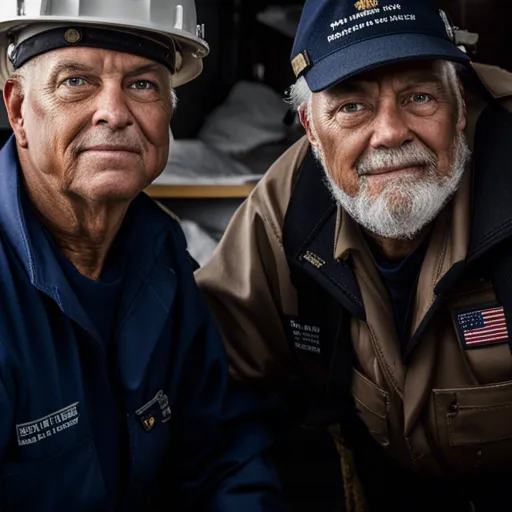The United States Needs More Ships
This concept is far larger than any list I have time to make now. Let's focus simply on the crisis in Maui.

1. Ships are self-contained.
Most will require zero onshore infrastructure when used in a rescue capability. They produce their own power, their own lighting, their own water, and their own climate control.
2. Ships are spacious.
Whether it is the thousands of available rooms on a cruise ship, the cavernous holds of a freighter, or simply the open deck of your typical Offshore Supply Vessel, ships have the room necessary for the people and supplies that any rescue or recovery operation need. They even have the space to bring the cranes and boats they will need.
3. Ships are mobile.
Not only can they respond to areas in need of assistance, but they can also use their mobility to evacuate, re-locate, or transfer personnel and supplies easily. And while port facilities may be damaged for quite some time, the local waterways are usually passable and navigable quickly following any disaster.
4. Ships can be multi-domain.
Many ships have helipads. Some even have hangars and facilities. Some ships have giant parking garages. Some even have the capability to carry and launch their own barges , lighters, or tenders. Almost all ships will have some crane capability. A very few ships even operate primarily as floating cranes.
5. Does your recovery effort need shelter?
6. Power generation?
7. Command and Control facilities?
8. Production of clean water?
To be fair, this will be somewhat limited.
9. To get trucks in when there are no roads?
10. To operate in areas without shoreside facilities or equipment?
Again, somewhat limited without working ports, but possible.
11. Send in the ships.
While the military is good at this, they cannot do it all. A larger, more robust U.S. flagged merchant fleet (or even Ready Reserve Fleet) would greatly benefit this country in countless ways. This is only a small example using current events.

No comments.